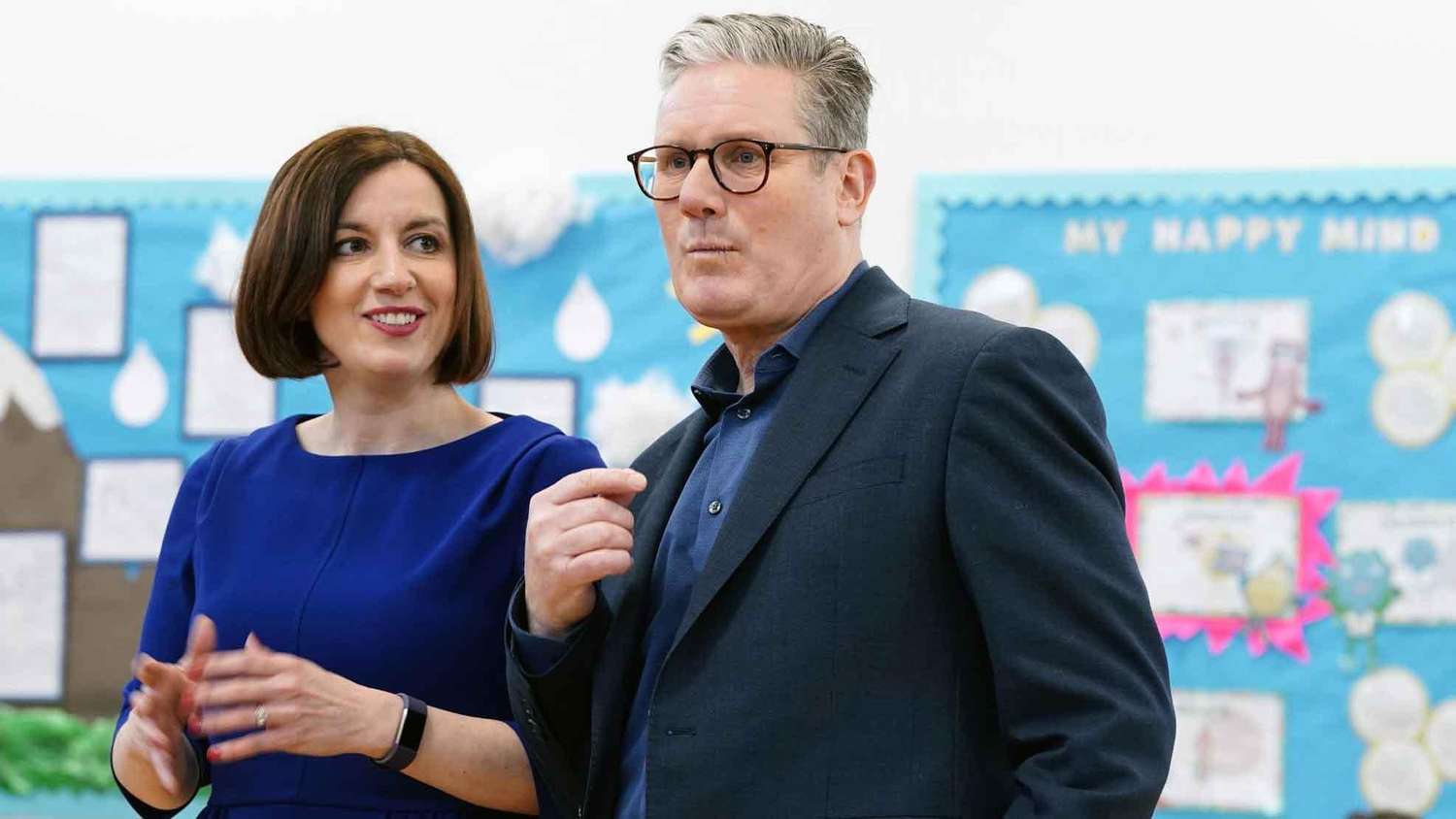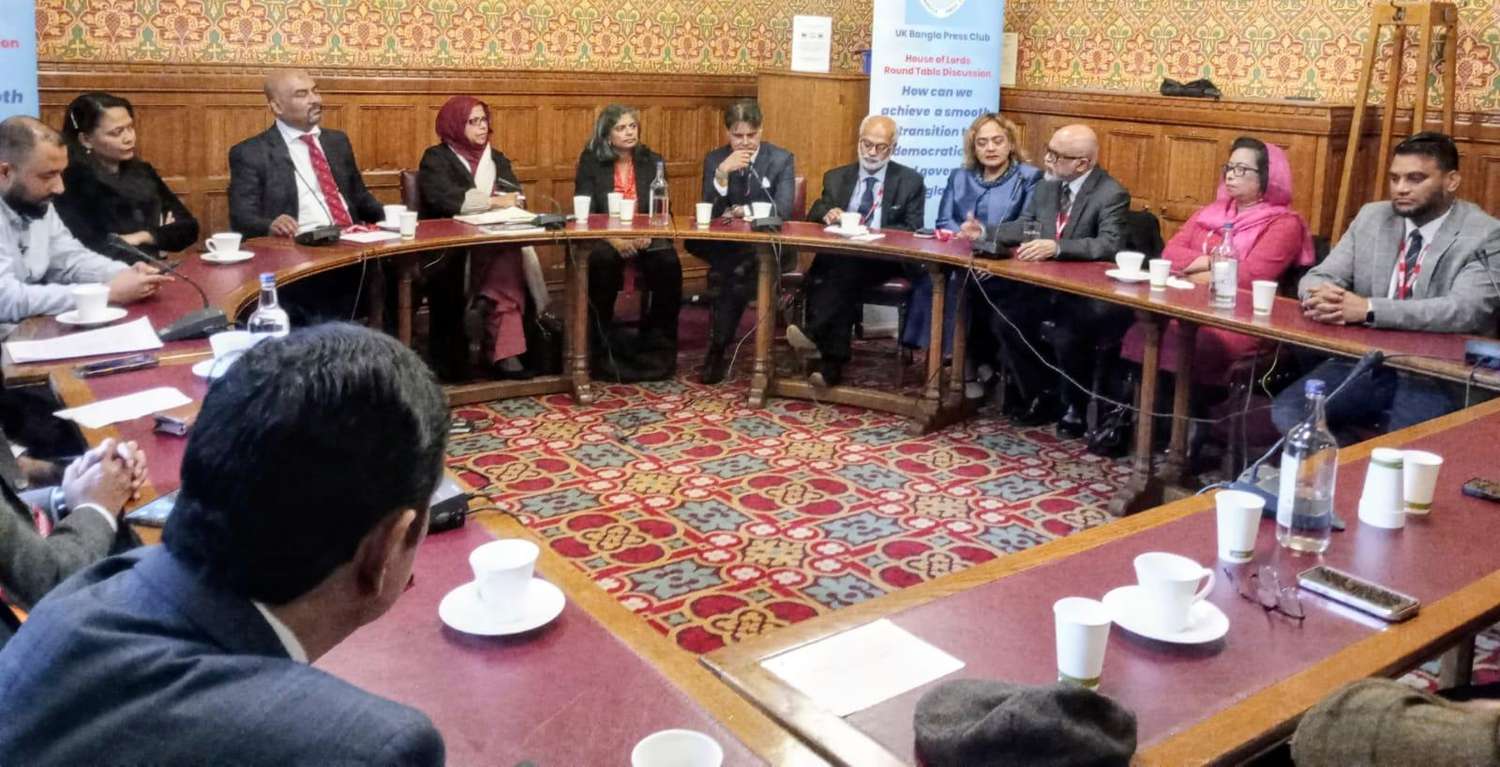The government has unveiled plans to introduce a new qualification system called V Levels for students aged 16 to 19, describing it as a major reform of the education sector.
According to the Department for Education, these qualifications aim to provide young people with “vocational education linked to rigorous, real-world job standards.” Education Secretary Bridget Phillipson said vocational training had been neglected for too long and that this move would place it at the heart of the country’s education and economic growth agenda.
The announcement follows Prime Minister Sir Keir Starmer’s promise to ensure that two-thirds of young people either attend university or complete a technical qualification after leaving school. More details will be published in a white paper on post-16 education and skills due on Monday.
Meanwhile, the Conservative Party has criticised the plan, accusing Labour of “failing young people” with its proposed schools bill.
What are V Levels?
V Levels will replace around 900 existing vocational qualifications for 16–19-year-olds. They are intended to strengthen skills across key industries identified in the government’s Industrial Strategy and will complement existing A Levels and T Levels. Students will also have the flexibility to mix V Levels with A Levels, offering them broader study options.
For instance, a student interested in the creative arts or media could take one A Level and two V Levels — one in Craft and Design and another in Media, Broadcast, and Production. Likewise, a student looking toward a health, fitness, or digital career could study three V Levels — in Sport and Exercise Science, Digital, and Health and Care Services.
The reform will be supported by an additional £800 million in funding for 16–19 education in the 2026/27 academic year, along with the establishment of 14 new Technical Excellence Colleges in priority sectors.
Phillipson said:
“Technical and vocational education is vital to our economy and central to breaking the link between background and success. For too long, young people have had to navigate an overcomplicated system that labelled them as failures. Our Plan for Change will create an education system that reflects young people’s aspirations and delivers growth and opportunity.”
Broad Support from Education Leaders
The plan has been welcomed by Daniel Kebede, General Secretary of the National Education Union (NEU), who called it a “significant step forward for vocational education.” He said the current system lacked clarity and fairness for students taking non-academic routes and argued the new reforms could bring “greater consistency and quality.”
However, Kebede also warned that the government must address the “chronic issue of low pay” for post-16 teachers and lecturers if the reforms are to be effective.
The government is also introducing a new qualification for students who fail to achieve a pass in GCSE English and Maths, intended as a “stepping stone” to help them resit. Officials say this will especially benefit white British pupils from low-income families, 64% of whom do not pass these core subjects at GCSE level, compared to 28% of their more advantaged peers.
Pepe Di’Iasio, General Secretary of the Association of School and College Leaders, welcomed the move, saying it would help replace the “morale-sapping” system of mandatory resits with one that “builds confidence” and helps students gain meaningful qualifications.
Political Response
Conservative Shadow Education Secretary Laura Trott criticised the Labour government’s approach, accusing Bridget Phillipson of prioritising “union appeasement” over students’ needs. She said Labour’s schools bill would undo key education reforms and pledged that a future Conservative government would “scrap debt-trap degrees, double apprenticeship funding, and ensure every young person has the skills they need for the future.”








.svg)



